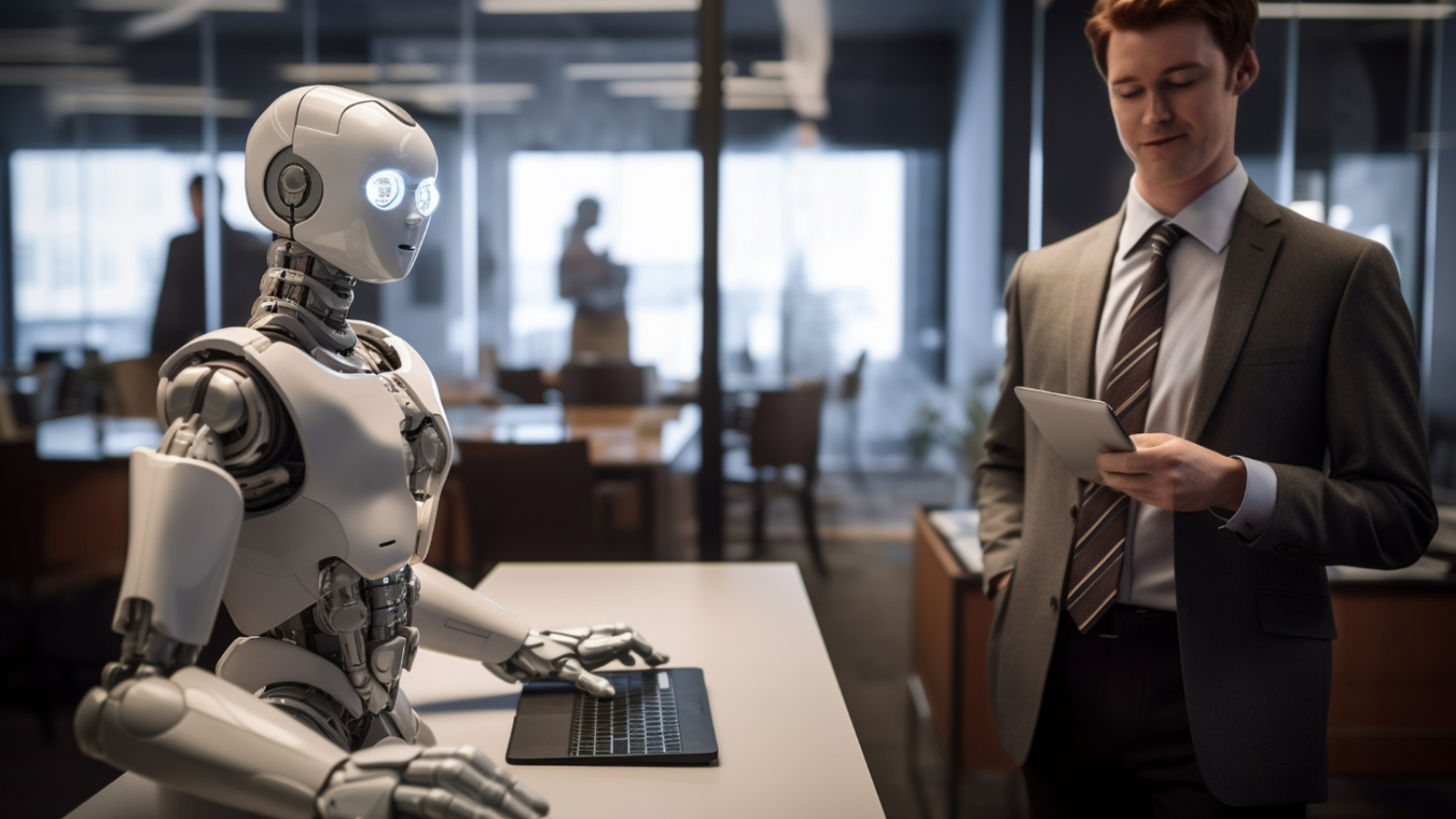Artificial Intelligence has rapidly moved from being a back-end tool to an everyday partner in business and life. Among the most transformative innovations are AI agents—autonomous systems that can understand goals, make decisions, and take action. But as these systems grow smarter, a key question arises: How will AI agents shape the future of human-AI collaboration?
The answer lies in blending human creativity with machine intelligence. Instead of replacing people, AI agents are poised to become collaborators that enhance productivity, decision-making, and problem-solving.
What Are AI Agents?
An AI agent is an intelligent system capable of perceiving its environment, processing information, and acting to achieve specific objectives. Unlike simple chatbots or static automation tools, AI agents can:
Understand natural language.
Learn from data and experience.
Adapt to new challenges.
Work autonomously or alongside humans.
This flexibility makes them ideal for scenarios where collaboration between humans and machines creates greater outcomes than either could achieve alone.
Why Human-AI Collaboration Matters
An AI agent is an intelligent system capable of perceiving its environment, processing information, and acting to achieve specific objectives. Unlike simple chatbots or static automation tools, AI agents can:
Understand natural language.
Learn from data and experience.
Adapt to new challenges.
Work autonomously or alongside humans.
This flexibility makes them ideal for scenarios where collaboration between humans and machines creates greater outcomes than either could achieve alone.
Key Ways AI Agents Will Enhance Collaboration
- Augmenting Human Decision-Making
AI agents can sift through vast amounts of data, spot trends, and provide recommendations. Humans then apply judgment, ethics, and domain expertise to make final decisions. This synergy ensures better outcomes in fields like finance, logistics, and governance.
- Reducing Repetitive Work
Repetitive, time-consuming tasks drain human productivity. AI agents can automate processes like data entry, scheduling, or customer FAQs. This frees up humans to focus on strategic, creative, or relationship-driven tasks.
- Enabling Real-Time Assistance
With natural language processing and predictive analytics, AI agents can act as personal assistants—anticipating needs, providing real-time insights, and helping people complete tasks faster. Think of them as intelligent co-pilots rather than simple tools.
- Supporting Team Collaboration
In future workplaces, AI agents will not only assist individuals but also integrate into teams. They can manage workflows, assign tasks, and ensure resources are optimized, creating a smoother collaboration between humans and machines.
- Personalized Learning and Growth
AI agents can guide employees with tailored recommendations for training, resources, and skill development. This transforms professional growth into a continuous, adaptive process driven by intelligent systems.
Challenges of Human-AI Collaboration
On the one hand, the cooperation with AI agents is promising; on the other hand, certain challenges are emerging that need to be tackled:
Trust: individuals should be able to trust AI output without blind faith.
Ethics: Decision making should be reduced to efficiency, fairness and responsibility.
Transparency: AI agents must justify why they act in a particular way in order to become accountable.
Business can overcome these challenges by creating AI systems with human-centered principles to establish a more solid collaboration.
The Future of Human-AI Collaboration
So, what does the future look like? AI agents will not replace humans—they will complement them. As they become more advanced, AI agents will integrate into daily workflows, offering support that feels seamless and natural.
In this future:
Businesses will scale faster with hybrid human-AI teams.
Individuals will achieve more by offloading routine tasks to AI agents.
Society will benefit from smarter systems that enhance healthcare, education, and governance.
Ultimately, the future of human-AI collaboration lies in mutual empowerment. Humans provide vision, ethics, and empathy, while AI agents deliver intelligence, precision, and scalability. Together, they will redefine innovation and productivity for decades to come.
Final Takeaway
AI agents and the future of human-AI collaboration are inseparable. By embracing AI as a partner rather than a replacement, businesses and individuals can unlock higher efficiency, creativity, and problem-solving power. The next era of work will not be human versus AI—it will be humans and AI agents working side by side.


Add a Comment